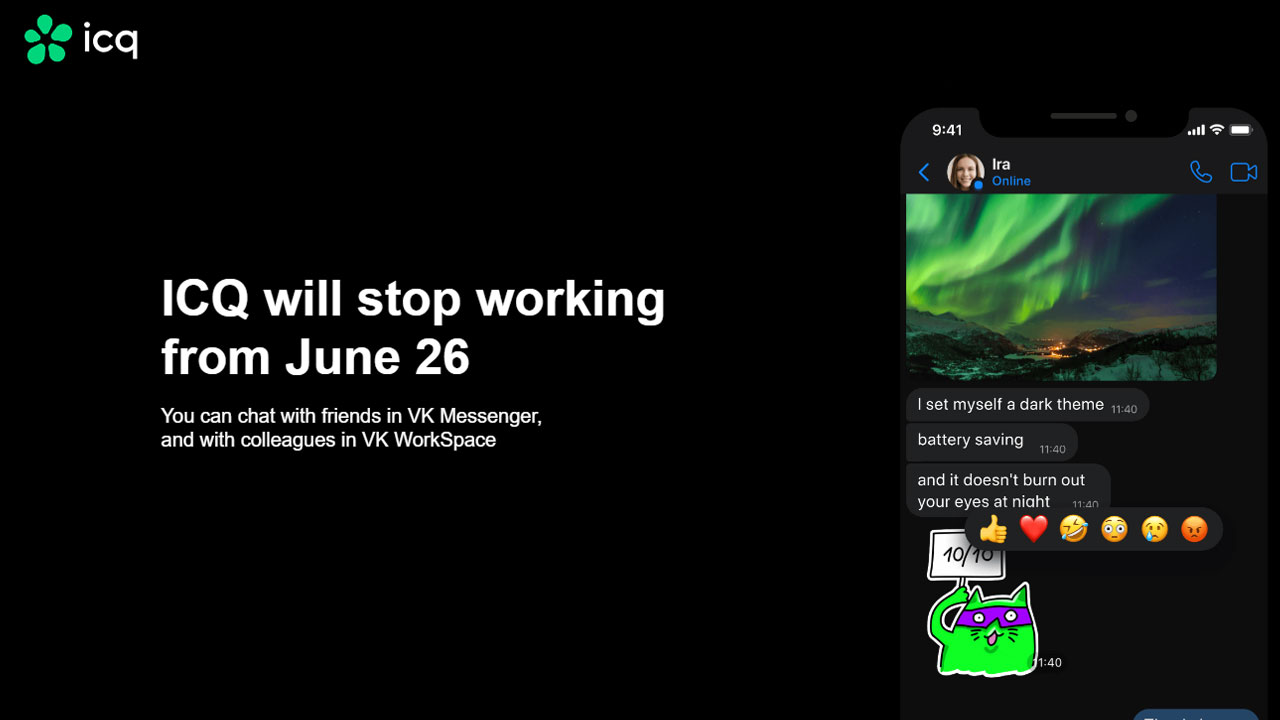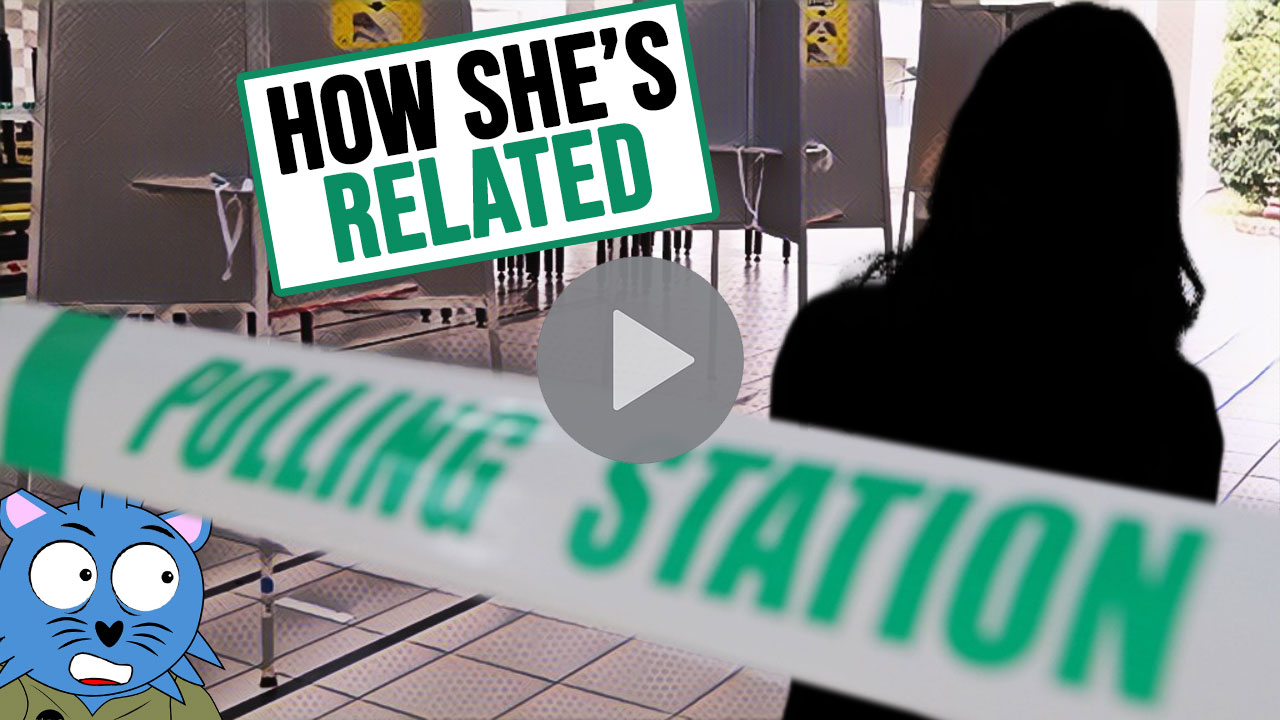If you’re someone who needs to give angbaos during Chinese New Year, you’re also someone who has used ICQ (which actually means I Seek You; bet you didn’t know that) before.
After almost 30 years of operation, the messaging platform is finally ending its operations.
Uh-oh.
The End of ICQ Confirmed
I don’t know what is more shocking: ICQ ending its operations or the fact that it was actually still operating.
In a simple update on its official website, it stated, “ICQ will stop working from June 26,” followed by, “You can chat with friends in VK Messenger, and with colleagues in VK WorkSpace.”


I’m pretty sure no one in Singapore is crying since no one here is apparently using it now, because ICQ was sold to the Russian company Mail.ru (now VK) in 2010.
Under VK’s ownership, ICQ transitioned from a desktop app to a mobile messaging platform akin to WhatsApp or Telegram, with features like group chats and video calls.
However, ICQ’s user base declined over the years as newer messaging apps and social media platforms gained popularity.
This is why ICQ has informed users to use other VK services, since it’s owned by VK.
What ICQ Was Like
ICQ (derived from “I Seek You”) was launched in 1996 by the Israeli company Mirabilis. It was one of the first widely-used instant messaging clients, allowing users to communicate in real-time over the internet.
ICQ introduced features that became standard in messaging apps, such as user statuses (like the iconic daisy icon), searchable user directories, and live typing indicators.
At its peak in 2001, ICQ had over 100 million registered users, making it immensely popular in the early days of the internet.
But its popularity dipped as MSN Messenger came in to compete with ICQ. Soon, both platforms lost to mobile apps like WhatsApp or Skype.
For our younger readers, here’s how the iconic “uh-oh”, a notification sound indicating a new message, sounds like:
Those were the days, indeed.
Ever wonder why voting is compulsory in Singapore? Here’s why:

Read Also:
Advertisements

